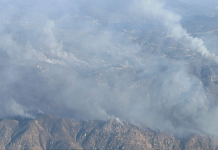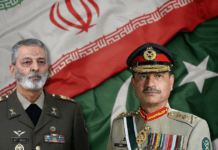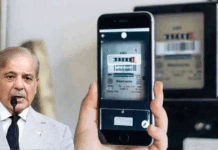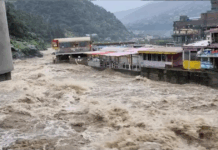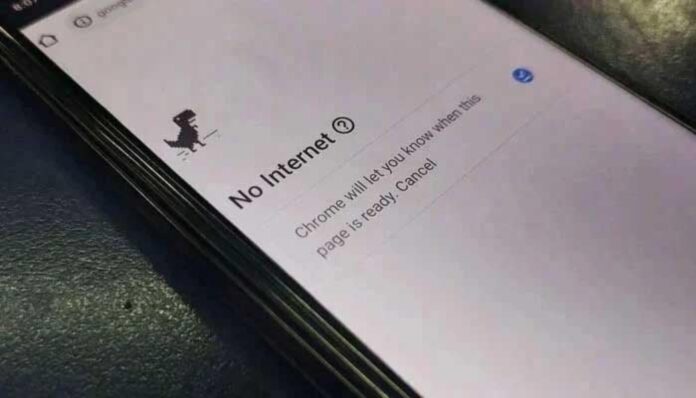Pakistan’s digital landscape is quite difficult at the moment as the country finds a spot somewhere in the list of slowest internet speeds in the world. It is ranked 100 out of 111 in terms of mobile internet speed and 141 out of 158 for broadband, based on Ookla’s Speedtest Global Index in October 2024. Its average download speed was a poor 7.85 Mbps, meaning that it stands at the bottom 12% of internet performance in the world- a critical setback in this increasingly connected world.
A Deeper Look at the Stats
The average mobile download speed in Pakistan is 19.59 Mbps and the median broadband speed is 15.52 Mbps. Compare these to neighbours India and Bangladesh, which see average mobile speeds of more than 40 Mbps and 25 Mbps respectively. In more developed economies, these are considerably higher – even higher than 100 Mbps in some countries.

Pakistan’s urban cities, like Karachi and Lahore, receive marginally better internet services, but rural areas remain severely underserved. The digital divide limits opportunities for the rural population and exacerbates socio-economic inequalities.
Frequent Disruptions and VPN Restrictions
Internet disruptions have become so common in Pakistan that outages have increased in frequency and intensity. Users have reported problems like downloading media, disrupted video calls, and difficulties in accessing various essential online services. This kind of issue has caused serious frustration among students, remote workers, and businesses largely dependent on digital platforms.
Adding to these woes is the crackdown by the government on unregistered virtual private networks. According to the authorities, it’s because of security concerns over terrorism and illegal financial transactions. It has blocked a lifeline for accessing censored content by many Pakistanis; these VPNs are the only access people have to platforms such as X (formerly Twitter) and other blocked websites.
The Pakistan Telecommunication Authority (PTA) has mandated VPN registration, threatening to block unregistered connections. Human rights organizations, including Amnesty International, have criticized these measures, citing transparency concerns and potential abuse of surveillance technologies.
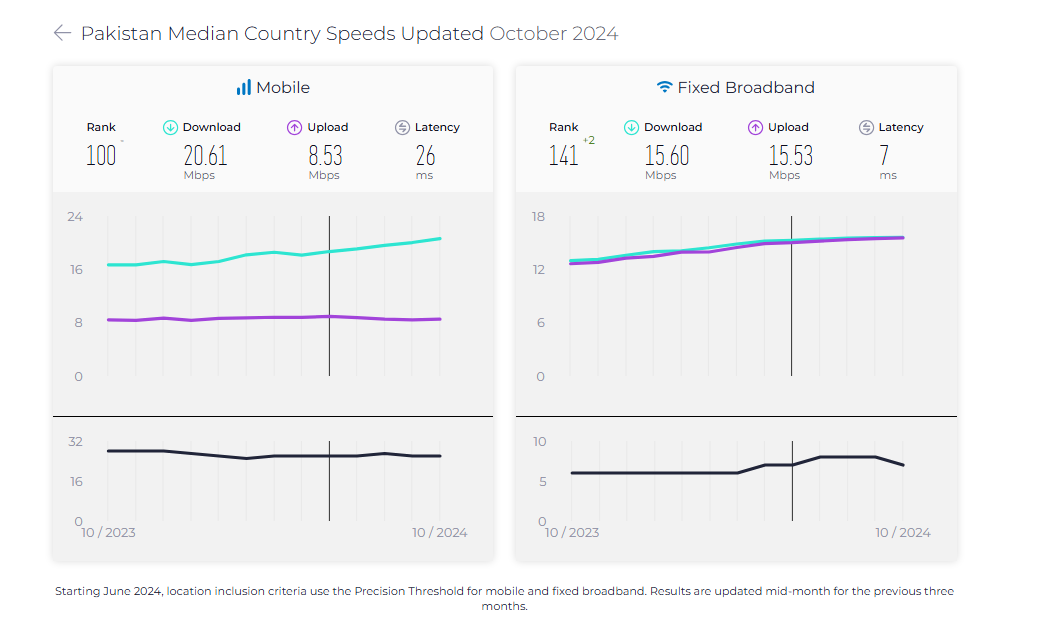
Economic Implications of Poor Connectivity
The economic implications of slow internet for Pakistan are huge. Poor connectivity deprives the country of millions of rupees every year in terms of productivity, e-commerce, and digital entrepreneurship. The digital economy contributes to about 15.5% of GDP worldwide; countries with more advanced infrastructure are enjoying faster growth due to this.
In Pakistan, businesses are unable to reach international markets due to slow upload and download speeds. For freelancers, the country’s growing digital workforce, the issue is particularly dire. Pakistan ranks among the top freelance markets globally, yet unreliable internet limits their ability to compete effectively.
Comparisons with Regional Peers
In sharp contrast, the regional peer of Pakistan presents an altogether different picture. India, which has invested quite a lot in 4G and 5G infrastructure, stands with an average mobile internet speed of 47 Mbps. The broadband initiatives of the country have extended fibre-optic connectivity to rural areas, thereby bridging the digital divide.
Bangladesh, despite having similar socio-economic challenges, has still seen advancements in internet services. Bangladesh’s average speed is at 27 Mbps because of a policy that enforces healthy competition among ISPs and investments in their digital infrastructures.
Sri Lanka also outpaces Pakistan in its average mobile speed, averaging 31 Mbps. Being a relatively digitalized country, Sri Lanka can now apply its strong internet facilities in order to advance their e-governance schemes and educational systems online.

Human Rights and Transparency Issues
Amnesty International and other observers have sounded alarms regarding Pakistan’s increased reliance on internet restrictions as a political tool. The government has experimented with internet firewalls several times in 2024, resulting in major slowdowns and outages. Critics claim that such actions are highly discriminatory towards citizens’ access to information and curb dissenting voices in the name of cybersecurity.
Transparency is still a big issue. When the government talks about cyber threats as a justification for its actions, little information is disclosed to the public on what technology is being used. Such obscurity creates anxiety regarding censorship and privacy violations.
Read More: Internet Outages Cost IT Industry $910K Per Hour: P@SHA
Bridge the Gap
Pakistan’s internet crisis calls for a multi-pronged response:
Infrastructure Investments: Fiber-optic network expansion and upgrading of existing infrastructure must be done. Public-private partnerships can be used to fund these projects.
Regulatory Reforms: Competition among ISPs will be encouraged, and VPN restrictions policies will be revisited to improve service quality and accessibility.
Digital Literacy: The citizens will be educated on the benefits and risks of digital tools and empowered to use the internet appropriately.
Transparency: The government should ensure that cyber security measures are transparent and do not violate the digital rights of citizens.
High stakes
Pakistan, which thrives in digital connectivity, is more likely to lag further if it fails to improve its internet condition. A larger share of its population comprises young people who would not benefit from internet access due to these prevailing conditions. Online education, skill building and even international job opportunities are denied to them because of their unreliable internet access.
Additionally, the fact that e-commerce and digital payments are becoming fundamental parts of international trade also makes it such that Pakistan not keeping up may further isolate it from international markets. Bridging the digital divide is as much a matter of convenience for economic growth and social advancement.
Pakistan’s slow internet speeds and recurring disruptions prove to be a very concerning omen for its digital future. Targeted investments, policy reforms, and commitment to transparency could mitigate these challenges. For now, however, the road ahead remains steep, and the cost of inaction continues to grow.
Stay tuned to Brandsynario for latest news and updates





